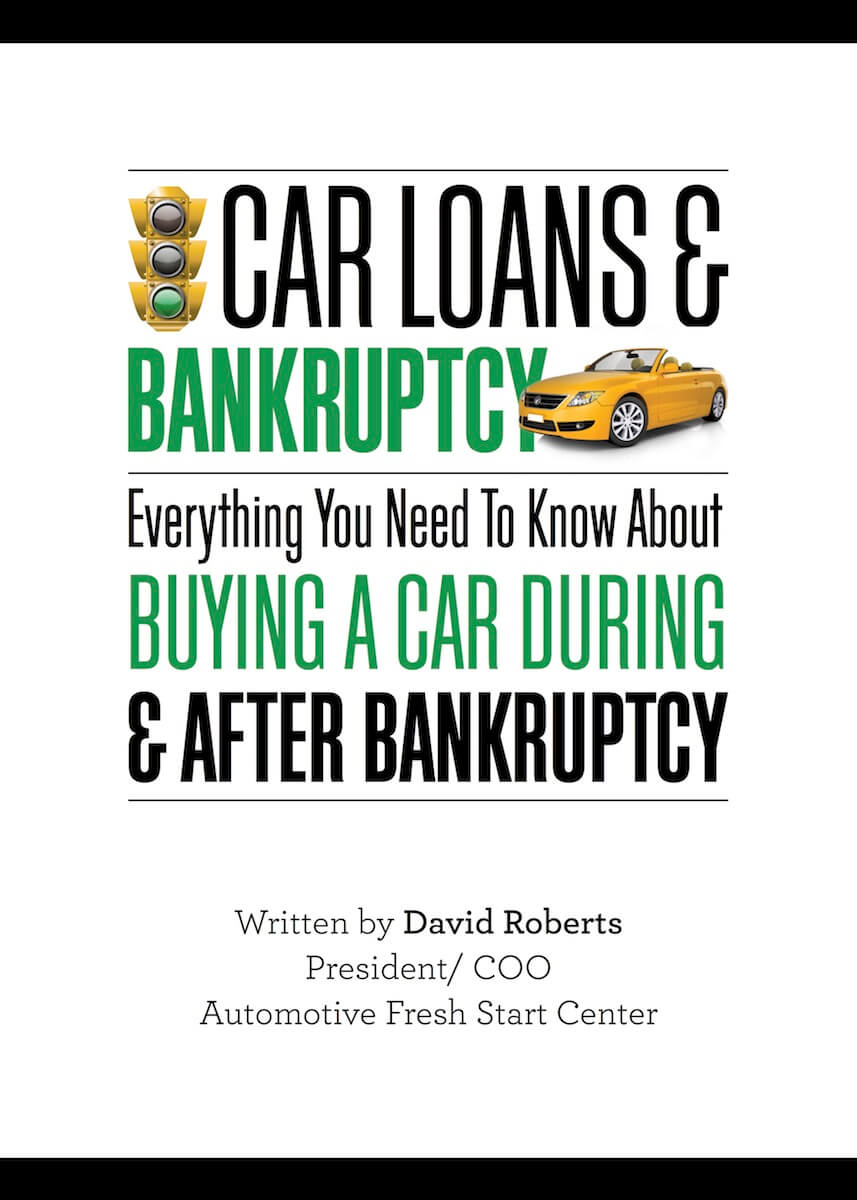
CORONAVIRUS AND THE SAFETY NET PROVIDED BY THE BANKRUPTCY CODE
The news of the coronavirus pandemic has exploded into the American consciousness over the past few days. Our office hopes that everyone has been able to stay healthy in the face of this health scare. After the initial health concerns that people will rightly worry about, financial issues will become a necessary concern, as well. May 12, 2020 reminded me of the day that Lehman Brothers filed for bankruptcy in 2008 – it seemed like a defining day in the history of the financial institutions in this Country.
A trio of events started the current financial downturn that we are currently facing. First was the almost universally negative reaction of the financial system to the Presidential address. Secondly, the NBA season was cancelled with almost no notice. Finally, the news that a beloved actor and his Wife had been diagnosed with the virus spread more fear regarding the lack of testing and knowledge of the virus’ spread. By the end of the day, almost all normal sporting and/or gathering activities in the entire Country were halted.
The effect of the grinding to a halt of the financial health of the Country comes at a very dangerous time for most Americans. It seems that three different forces will be colliding at the same time to push working families to the edge of their financial ability in the near future.
- Record Consumer and Business Debt levels – Both business and consumer debt are at record levels. In fact, for the first time in nearly 30 years, business debt has exceeded consumer debt.
https://www.americanbanker.com/articles/business-debt-exceeds-households-for-first-time-since-1991
- Rising Costs of living for consumers – Living costs have been increasing faster than wage increases for many years now. A recent article at:
https://www.businessinsider.com/america-middle-class-living-expenses-family-of-four-2020-2
demonstrated this in dramatic fashion. In 1985 it took the average male 30 weeks of pay to support a family of four during one year. In 2018 it took 53 weeks!!! The entire point of the article was that there were not 53 weeks in a year and that one single breadwinner was not able to support a normal family of four any longer. The statistics were even worse for women. Clearly, the cost of living has risen much faster than wages for the average worker and that has placed a tremendous burden on families. So you see the record debt levels in paragraph 1 above as a result of families trying to pay normal living expenses with credit.
- Coronavirus economic factors – The above two factors have left the average American family subject to a financial disaster if there happens to be any interruption of income. This appears to be exactly what may happen in the near term with business telling people to stay home, events cancelled and related ripple effects spreading throughout the entire economy.
The Bankruptcy Safety Net
The bankruptcy system is not a substitute for broader financial safety nets that have been lost or never implemented over the years. There is not any system for paid leave for a worker who is suddenly told not to come to work due to the coronavirus. There is no universal healthcare for a worker who loses their job due to the coronavirus economic consequences. Finally, the financial costs of missing work due to the virus are too great for most people to take time off to get well or even get tested.
However, should a family face financial issues as a result of the impending financial crisis, bankruptcy can make a huge difference in whether that family can weather the financial storm. The bankruptcy system can provide relief from credit card and other unsecured financial obligations through Chapter 7. If a family falls behind on secured claims such as mortgage or vehicle loans than a Chapter 13 may offer a way to become current and keep the family home or needed transportation. Each family would need a different solution to be tailored to their individual situation and needs.
Be sure to obtain the proper legal advice for your financial situation prior to any decision to file bankruptcy. At Mickler & Mickler we fight every day to protect your family from poor financial planning. Our office has the experience and the dedication that you deserve when your family is looking for financial help. Please contact us at 904-725-0822 or bkmickler@planlaw.com for any additional questions.





